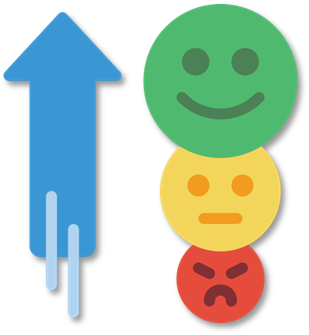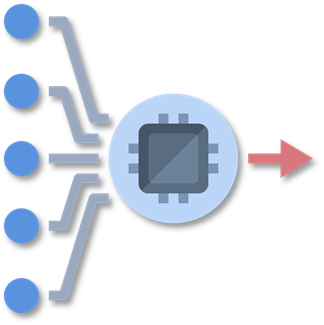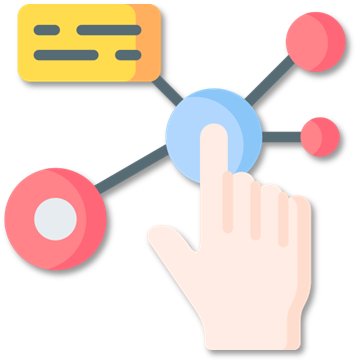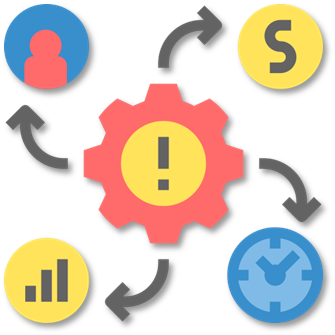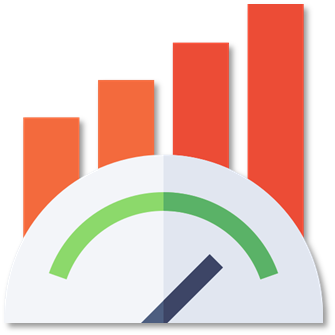Scenario 1: Assessment of Awareness
Step 1: Use Case
| Topic | Question | Answer |
Stakeholders | What users/stakeholders are involved in your use case? (if there are many, choose 3 max to focus on) Please add the name, age, gender, and one hobby (i.e. a first step towards the identification of personas). | Child Teacher Parent Health care professional ... |
Stakeholders' goal | What do these people want to achieve? | G1.1 Teacher has an overview of well-being levels of children in class G1.2.1 Teacher has an overview of determinants of well-being of children in class
|
Values and motivation | Why do these people want to achieve this?
|
|
Role, task and context | What is humans' role in the overall task performance or activities? (e.g., think about the responsibilities) What are the main tasks or activities of these people? (Note that the roles, tasks or activities of humans can change due to the introduction of new technology) Which context factors have a major effect on the performance or activities? |
|
Step 2: Functions
| Topic | Question | Answer |
Overall objective | What is the overall objective of the human-AI system? How do the human and AI collaborate and support each other (interdependence)? | |
Functions
| What are the functions of the AI-system(s)? What does it actually do? What are its inputs, what are its outputs? | R1.1 ePartners4All shall collect data from children in the class on wellbeing R.1.2 ePartners4All shall give ranges in the wellbeing of a child, based on preset cut-off values (e.g., traffic light, thermometer) R1.3 ePartners4All shall give ranges in the wellbeing of a class, based on preset cut-off values (e.g., traffic light, thermometer) R1.4 ePartners4All shall benchmark the wellbeing of a child and/or class, with other children and/or classes |
Interaction | How do you expect the human to interact with these AI-functions? Does the human provide any input? (just a (high-level) description of interaction(s) is fine, e.g. “Actor A provides feedback in the form of tags”) |
Step 3: Effects
| Topic | Question | Answer |
Positive consequences | Which positive effects are expected from the AI-functions - to the performance of the actors who work with the AI (e.g., accuracy, speed, ...)? - to the state of them (e.g., stress, understanding, trust, ...)?
| |
Negative consequences | Do you foresee potential negative effects of the AI-functions: - on the performance, state and/or values of the actors? - on more general ethical or societal aspects? What are they? | |
Impact on use-case | What is the impact of the AI-functions on the overall use case? What does it add to the use case/how does it improve the use case as a whole? |
Step 4: Claims
| Topic | Question | Answer |
Measurements | For each positive and negative effect listed in step 3 , describe how you could evaluate (measure) whether they actually occur. | |
Benchmark | For each measurement, what are the benchmarks (criteria)? (i.e., what are desired values?) | |
Demonstration of AI-functionality | Can you describe how you could demonstrate that your AI-function(s) achieve(s) the effects that you listed in the previous question? |
Storyboard
[place a photo of your storyboards/Design Patterns here]





